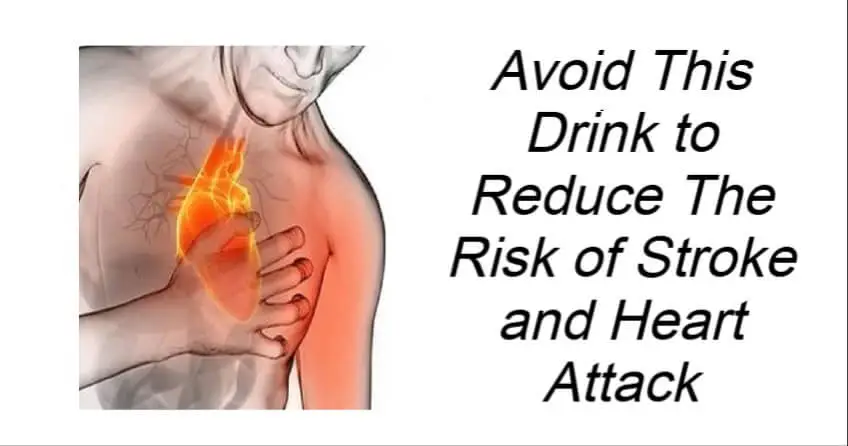Avoid This Drink to Reduce The Risk of Stroke and Heart Attack
When we feel tired or drained, many of us reach for a quick fix — usually in the form of coffee or an energy drink. Among the most popular choices is Red Bull, a drink famously marketed as one that “gives you wings.” But beneath the buzz and branding, this beverage has raised serious health concerns — especially when it comes to your heart.
Red Bull and Heart Health: A Risky Relationship
Research has linked Red Bull to cardiovascular problems, including increased risk of stroke and heart attack. According to Dr. Scott Willoughby, senior researcher at the Cardiovascular Research Center at Royal Adelaide Hospital in Australia, just one can of Red Bull can significantly alter the body’s blood consistency.
“One hour after drinking a single can of Red Bull, the blood consistency of the participants resembled that of someone with heart disease,” Willoughby reported.
This change in blood viscosity can lead to restricted blood flow, which may increase the risk of clotting or other heart-related complications.
What’s Really in Red Bull?
The main active ingredients in Red Bull include:
- Caffeine — a known stimulant that, in excess, can raise blood pressure, disrupt sleep, and cause jitteriness or anxiety.
- Sugar — high amounts of refined sugar lead to energy crashes, weight gain, and metabolic issues.
- Aspartame — an artificial sweetener that’s been linked to neurotoxic, metabolic, allergic, and possibly carcinogenic effects.
Despite these concerns, the original Austrian manufacturer of Red Bull warns consumers not to drink more than two cans per day — a red flag in itself.
The Danger of Mixing with Alcohol
One common (and dangerous) practice is mixing Red Bull with alcohol. This combo masks the effects of intoxication while putting even more strain on the heart and nervous system. The result? A false sense of alertness, which can lead to overdrinking, accidents, and potentially serious health risks.
What Can You Do Instead?
Instead of relying on high-caffeine or chemical-laden drinks, consider natural and sustainable ways to boost your energy levels:
Improve your diet – Eat whole, nutrient-dense foods
Add more omega-3s – Found in fish, flaxseed, walnuts
Cut back on sugar – Avoid the energy crash that follows a sugar spike
Reduce stress – Try meditation, deep breathing, or simply unplugging
Get quality sleep – Aim for 7–9 hours of rest each night
Move your body – Exercise boosts energy and supports mental clarity
Final Thoughts
While the promise of an energy drink might be tempting during that afternoon slump or late-night cram session, the long-term risks simply aren’t worth it. Your body deserves better than artificial stimulation. By making small, consistent lifestyle changes, you can enjoy real energy — without the crash.
You’ve just read, Avoid This Drink to Reduce The Risk of Stroke and Heart Attack. Why not read Manager Had To Hire A New Employee.

